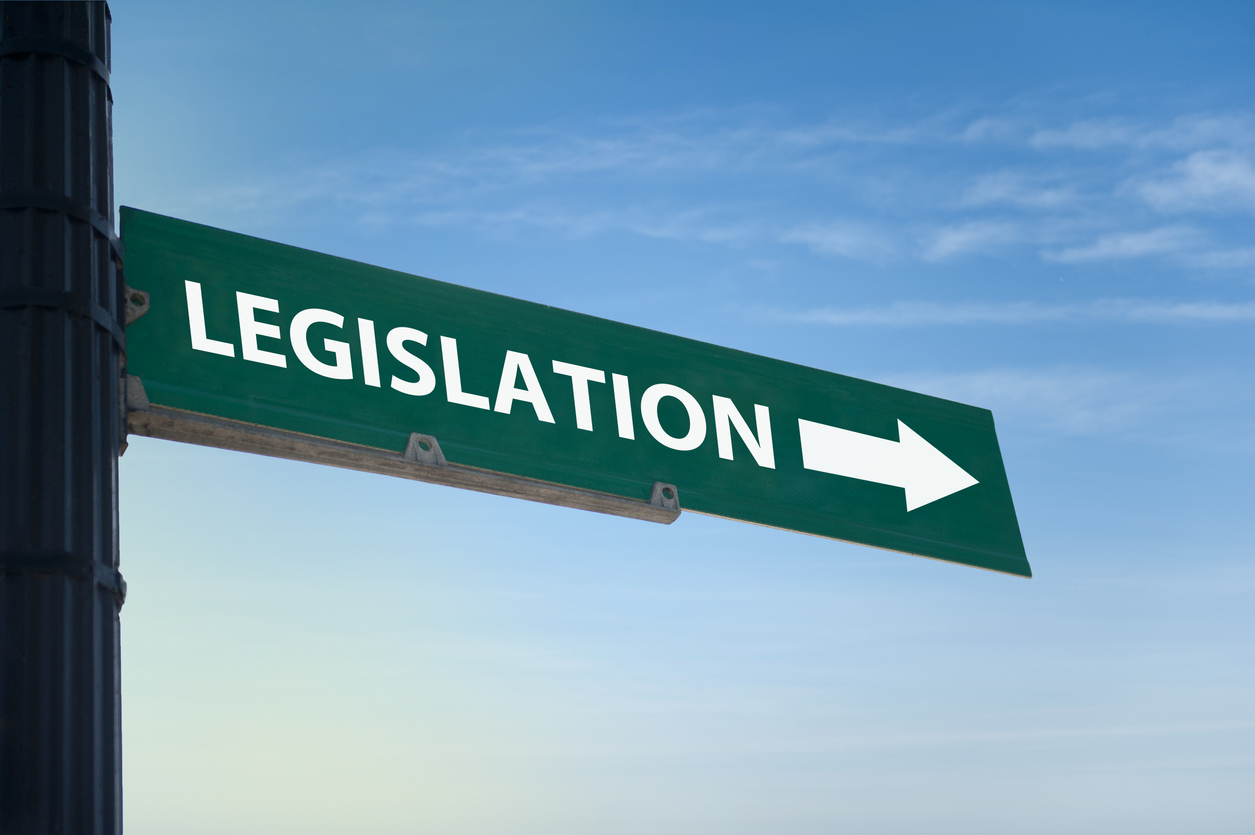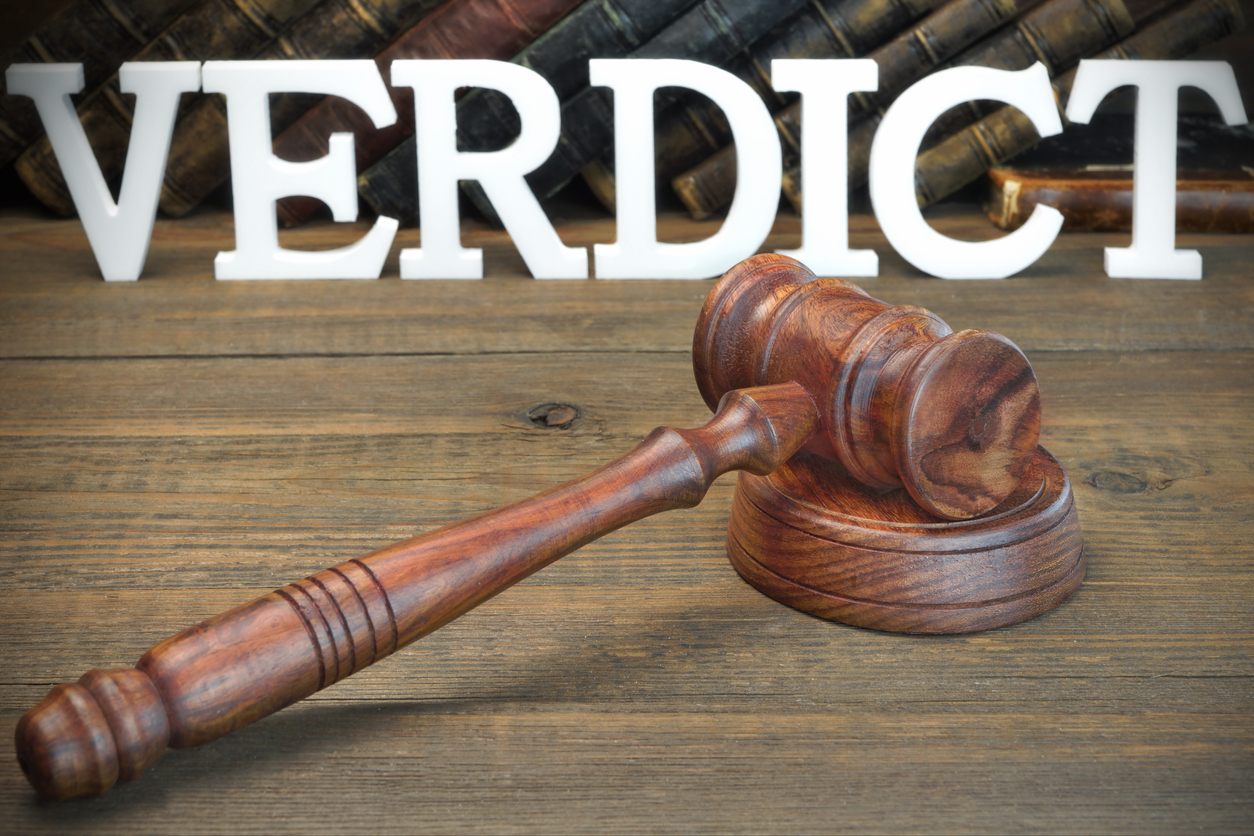On December 30, 2021, Coloradans in Boulder County experienced the most devastating and destructive wildfire in the state’s history. It is estimated that the Marshall Fire totally destroyed no less than 1,084 homes, and damaged thousands more with penetrating toxins of smoke, ash, char, and soot. Sadly, almost three years after the Marshall Fire caused thousands of residents to evacuate their homes, many of these homes remain contaminated and unoccupied, as policyholders and their insurance carriers cannot agree on what is needed to bring these homes back to a safe and habitable state.
A big factor in having so many unresolved claims is that policyholders and their insurance carriers cannot agree on the proper scope of cleaning, repairing, or rebuilding necessary to get policyholders safely back into their homes. Often, policyholders seek out the help of committed licensed public adjusters or contractors to help them navigate the world of insurance. However, even with the capable assistance of these public adjusters and contractors, many claims remain unresolved. These policyholders now face the very real dilemma of accepting what the insurance company is willing to pay them, even if it isn’t enough to make the home safe. These policyholders risk moving back into toxic-filled homes that could potentially impact the health and safety of their families and themselves.
Making these challenges even more difficult for policyholders is the fact that we are now approaching a deadline for which policyholders can be barred from filing suit against their insurer for this loss.
Colorado statute § 13-80-101(1)(a) mandates that “all contract actions…shall be commenced within three years after the cause of action accrues, and not thereafter.” Practically speaking, what this means is that any breach of contract lawsuit against an insurance company must be brought by December 30, 2024, or the claim will be forever barred.
Even if policyholders are actively and cooperatively working with the insurance company to resolve their claim, an insurance carrier will have no obligation to continue paying additional damages beyond December 30, 2024, unless the policyholder takes the necessary steps to preserve their claim.
There are two ways for a policyholder to preserve such a claim. They can either file a lawsuit directly against the insurance company or enter into a tolling agreement with the insurance company prior to the December 30, 2024, deadline.
There are different considerations at play when deciding whether a tolling agreement or filing a lawsuit is the best course of action. One such consideration is that a lawsuit can be filed unilaterally by the policyholder against the insurance company, while a tolling agreement must be agreed upon and executed by both the insurance company and the policyholder prior to the statute of limitations deadline. For further discussion on what route is best for a policyholder, it is best to consult with an attorney licensed in Colorado who has expertise in first-party property insurance law.
Regardless of whether a policyholder decides to file a lawsuit or enter into a tolling agreement before the December 30, 2024, deadline, a reasonable amount of time is needed to draft the appropriate paperwork. As such, policyholders, public adjusters, and contractors should right now think about consulting with an attorney about their options. An attorney will need more than just a few days to review the file, gather appropriate documents, advise the policyholder on her options, draft the applicable paperwork, confer with the insurance company, or file a lawsuit, if necessary.
It’s important to keep in mind that there are other factors that come into play when analyzing what claims a policyholder may or may not be able to include in a lawsuit against the insurance carrier for a Marshall Fire loss. I encourage you also to review our prior blog posts, Why Time Matters Differently in Colorado for Homeowners, Business Owners, and HOAs, and Statue of Limitations in Colorado Insurance Bad Faith and Delay/Denial Cases.
Colorado laws are complex. Policyholders, public adjusters, and contractors need to be aware of key deadlines, like the statute of limitations, that can have game-changing implications on the outcome of a claim. If you need help navigating this situation and available options, please consider contacting our office.




